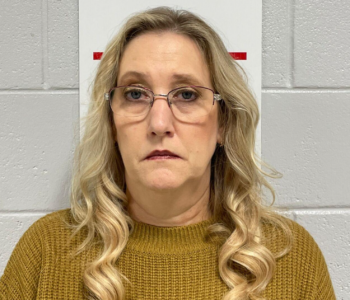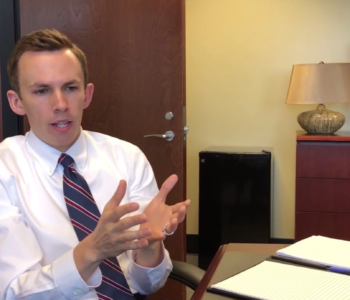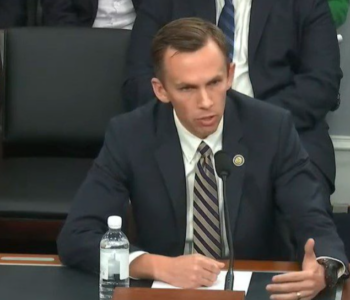 News
News
State auditor sheds light on investigations into government theft,…
COLUMBUS, MS (THE DISPATCH)
Shad White said there are two ways to do his job: the easy way and the right way.
White was appointed to the position of state auditor about nine months ago, meaning he’s in charge of the office that sorts out misappropriation, theft and corruption in government offices all over the state, he told Columbus Rotary Club members at their weekly luncheon at Lion Hills Tuesday.
“Every single day I have to call on that impulse to do the right thing, regardless of what the consequences are, regardless of who might not like it,” he said. “That’s just the nature of this job. Auditing and holding folks accountable for stealing money, regardless of who they are or where they’re from or what the color of their skin is or how connected they might be or not connected they might be — that’s the thing that I have to do every single day in this gig.”
White told the story of an investigation into embezzlement last year at Coahoma Community College in which his office found two women had conspired and stolen $980,000 over four years. Following their investigation, White and several investigators travelled to Clarksdale to publicly present their findings to the area district attorney, expecting local media to be the only members of the public to show up.
“We got there and the court room is full … of normal people in that community, and students and administrators because they know what it means to lose $1 million like that,” he said snapping his fingers. “They know what it means to that community college. It means less money for workforce training, it means less money for that classroom, it means less money for campus security, all of that. And for the tax payers, it means your money just evaporated.”
He was later told he shouldn’t publicize the case because the suspects had enough friends, family and connections that White might lose the county if he ran for re-election.
But White said he feels part of his job is talking about the cases — not just to reassure taxpayers he’s working on their behalf, but to deter others from stealing.
“Maybe they remember, ‘oh yeah, I read a headline about how so-and-so got in trouble, that they got caught by the state auditor and they’re going to jail for 20 years,'” he said. “…That’s why you talk about these cases. Everybody in here knows we are not going to get $980,000 back from these two folks. It’s not going to happen. We have lost a lot of money. So what do you do in a world where you know you’re going to lose money if people will steal it? You have to work really hard on the front end to prevent it.”
White stressed that most often the office’s investigators root out corruption through tips, rather than audits his office conducts. He also, in answer to a question from a Rotarian, shed light on why Mississippi tends to rank highly in “most corrupt states” lists.
He pointed out that Mississippi every year is among the top five states for per capita convictions of public corruption, meaning it’s possible other states just aren’t catching as many as Mississippi.
“There is potential that there are other states out there worse than us,” he said.
But he said he feels issues throughout the state such as small government offices, rural areas and widespread poverty make it easier for government employees to get away with corruption over long periods of time. For example, he said, they discovered the $980,000 embezzlement from a community college, not Mississippi State University which is big enough to employ internal auditors.
When asked by both audience members and The Dispatch whether his office was looking into the city of Columbus’ financial difficulties — which include potentially being $338,000 in debt by October, according to the city’s financial consultant — White said he couldn’t comment on whether his office was conducting investigations into particular departments. He did say that while his office could potentially investigate a tip, his office legally cannot conduct audits of municipalities.
White also didn’t speak about similar financial difficulties faced by Lowndes County School District, which has run deficits the past three years totaling more than $7 million.
However, he said his office can conduct investigations into school districts if they receive tips.









